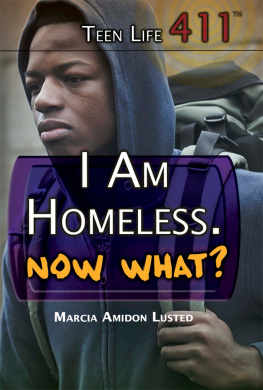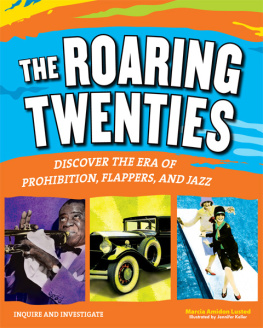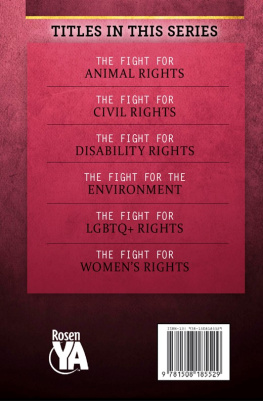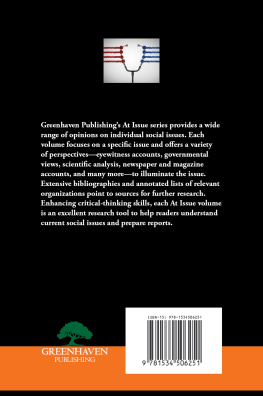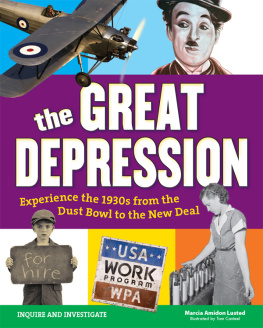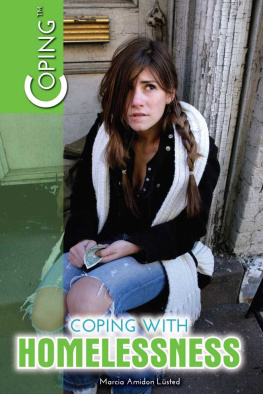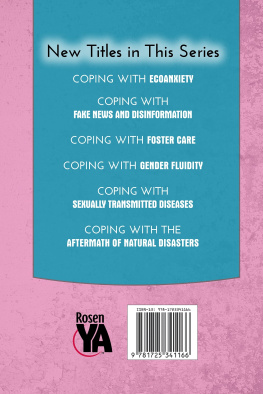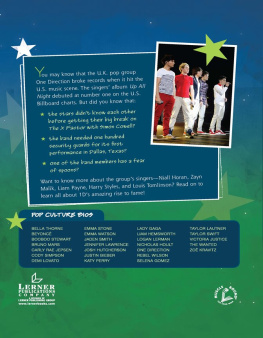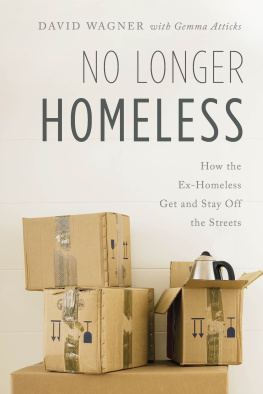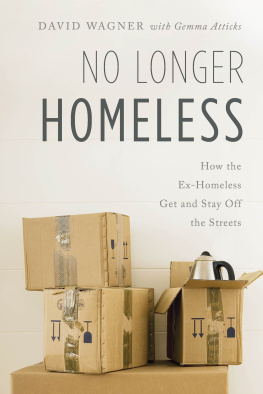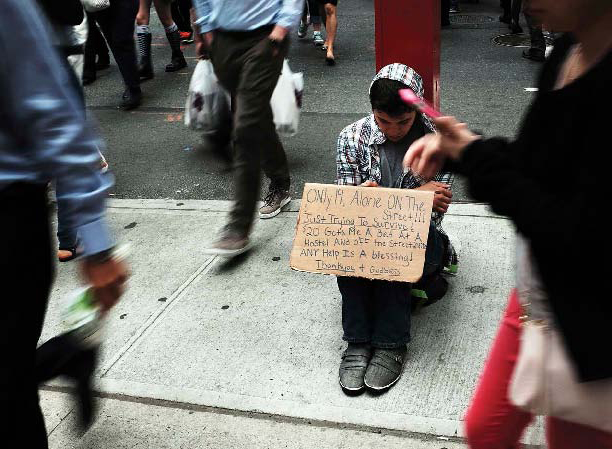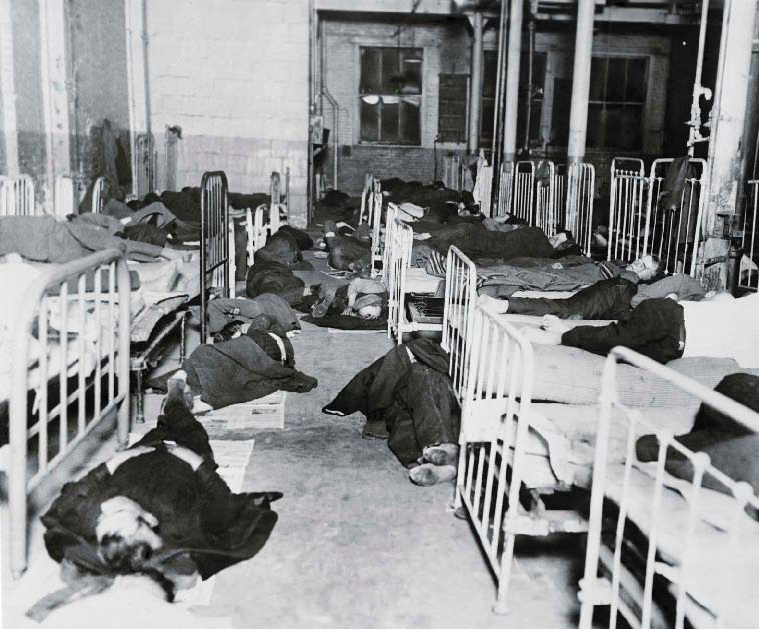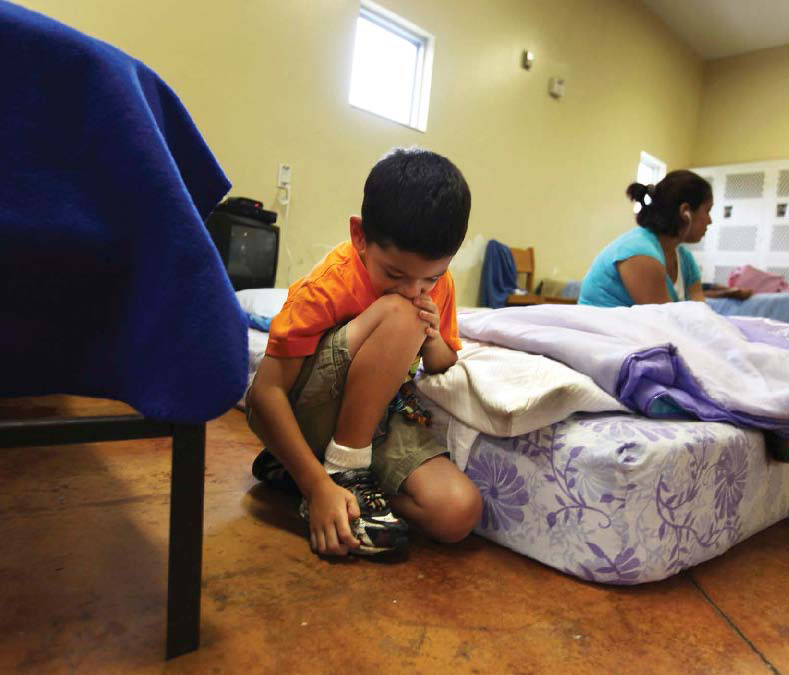Marcia Amidon Lusted - I Am Homeless. Now What?
Here you can read online Marcia Amidon Lusted - I Am Homeless. Now What? full text of the book (entire story) in english for free. Download pdf and epub, get meaning, cover and reviews about this ebook. year: 2016, publisher: The Rosen Publishing Group, Inc, genre: Home and family. Description of the work, (preface) as well as reviews are available. Best literature library LitArk.com created for fans of good reading and offers a wide selection of genres:
Romance novel
Science fiction
Adventure
Detective
Science
History
Home and family
Prose
Art
Politics
Computer
Non-fiction
Religion
Business
Children
Humor
Choose a favorite category and find really read worthwhile books. Enjoy immersion in the world of imagination, feel the emotions of the characters or learn something new for yourself, make an fascinating discovery.
- Book:I Am Homeless. Now What?
- Author:
- Publisher:The Rosen Publishing Group, Inc
- Genre:
- Year:2016
- Rating:4 / 5
- Favourites:Add to favourites
- Your mark:
I Am Homeless. Now What?: summary, description and annotation
We offer to read an annotation, description, summary or preface (depends on what the author of the book "I Am Homeless. Now What?" wrote himself). If you haven't found the necessary information about the book — write in the comments, we will try to find it.
To be without a permanent home is markedly upsetting for any persons wellbeing and development. This compassionate book balances personal anecdotes from real young people in troubled situations with valuable resources to help out anyone in such an unfortunate situation. Whether its a friend in need or a reader personally dealing with this kind of crisis, there are easily applicable, real-world suggestions on how to stay off the streets or use the resources that are available for those who are homeless. Testimony from real voices informs this fundamental guide to street life safety.
Marcia Amidon Lusted: author's other books
Who wrote I Am Homeless. Now What?? Find out the surname, the name of the author of the book and a list of all author's works by series.

